It hasn’t been that long since the famous remark of P Chidambaram, former finance minister in the Congress-led United Progressive Alliance (UPA) government, who said the Narendra Modi government probably didn’t deserve a Reserve Bank of India (RBI) governor like Raghuram Rajan.
“I am beginning to think whether this government deserves Dr Rajan," Chidambaram said replying to a reporter’s question at a presser at the Congress headquarters in May, on whether Rajan should be given a second term in office.
The context of Chidambaram’s response was the BJP’s maverick leader and warhead Subramanian Swamy’s relentless attacks on the former chief economist of the International Monetary Fund (IMF), questioning his personal integrity and also effectiveness of his monetary policies.
Swamy had raised a series of allegations on Rajan including his ‘fully mentally Indian’ status, leaking RBI data using unauthorised emails and ‘wrecking’ the Indian economy with high interest rates and thus causing unemployment in the country.
Swamy’s attacks, coupled with the government’s prolonged non-committal stance on Rajan’s second term, probably forced the governor to state last month that he wouldn’t take up another term as RBI governor.
The Narendra Nodi government is currently in the process of finalising a successor for Rajan who was appointed by the UPA government when P Chidambaram was the union finance minister.
Was UPA different?
By publicly stating his doubts over whether the Modi government deserved “one of the most outstanding economists in the world,” what Chidambaram had actually meant was that the government failed to acknowledge and recognise Rajan’s talent.
But, the counter question here is whether Chidambaram, as the then finance minister, and the Congress-led United Progressive Alliance (UPA) government deserve a dedicated and trusted RBI chief like D Subbarao, who, like Rajan, dedicated his time at the central bank keeping in mind the larger interest of the economy and the stability of the financial system and not yielding to public pressure to act.
In his fight against inflation, Subbarao increased the interest rate 13 times to fight the economic evil of inflation and braving heavy public and political pressure from growth-mongers, every time he sat down to formulate the monetary policy.
In other words, does a governor of Subbarao’s stature deserve a boss like Chidambaram and super bosses in the UPA’s power corridors? If one goes through Subbarao’s new book, _Who moved my interest rates, o_ne gets the feeling that at least he, the former governor of the RBI, did not think so. Subbarao devotes considerable space in the book to explain how the Congress-led UPA government overstepped into central bank’s operational turf during 2008-2013.
Confrontations with FMs
In his book, Subbarao has revealed several instances where he has had direct confrontations with former finance ministers, Chidambaram and Pranab Mukherjee and how the UPA government trampled the autonomy of the central bank during his term and how unhappy he was about it.
One such instance was when then finance minister Chidambaram, suo motu constituted a liquidity management committee with the finance secretary as its chairman. “I was annoyed and upset by this decision. Chidambaram had clearly overstepped into RBI turf," Subbarao says in the book. The RBI decided against being a part of that panel though the government sought its representation.
Chidambaram’s displeasure on Subbarao on monetary policy issues became open when Chidambaram publicly said in October, 2012 that, “Growth is as much a challenge as inflation. If the Government has to walk alone to face the challenge of growth, then we will walk alone.” This statement came within hours after Subbarao refused to cut the policy rate the despite public demand. In doing so, he continued with his fight on inflation.
Another major instance Subbarao highlights in the book happened in April 2012, when the then finance minister Mukherjee almost announced the monetary policy an hour before the central bank could announce it. That was the time when Subbarao cut the repo rate (the rate at which it lends to banks) by 50 basis points, after hiking it around 13 times.
“(Then) finance minister Mukherjee was scheduled to address a business chamber in Delhi an hour before the policy release time. As he was entering the hall, he commented informally to corporates and the media that surrounded and greeted him that “the governor will shortly give you good news. This was most inappropriate and indiscreet. I am positive that the finance minister did not intend any mischief; nor did he want to undermine the RBI. I think he was just being naiive, overanxious to be the bearer of good news to the corporates in the midst of widespread criticism of policy paralysis in the government hoping that some of the credit for this would rub off to him,” Subbarao says in the book.
Subbarao also outlines two instances when he had run-ins with the government on the reappointment requests of former deputy governors — Usha Thorat and Subir Gokarn, despite both having merit for extension. In the case of Thorat, Subbarao recounts, “Usha became part of the price we had to pay for asserting the autonomy of the central bank,” while in the case of Gokarn, “The reason he (the former finance minister) gave was that all of us who entered the RBI laterally had become hostage to the technocrats in the RBI and the government felt it necessary to bring some fresh thinking," Subbarao says.
What did the minister mean when he said that the top brass at the RBI had become hostage to the institution? Does it mean that they were still supposed to give priority to the interests of the North Block above that of the central bank? One can read between the lines here.
Exercising caution
In hindsight, there are no reasons to believe that Subbarao acted against the interest of economy when he kept the interest rates high for a prolonged period to fight inflation. Most economists agree that had Subbarao succumbed to public and political pressure and went early to reverse the monetary policy course, things would have been much more complicated on India’s inflation-front.
Part of the credit for easing of inflation in the subsequent period certainly goes to the caution Subbarao exercised on monetary policy during his tenure. Of course, crash in crude prices too contributed to benign inflation in the subsequent period.
Subbarao is also credited with safely navigating the Indian economy through the turmoil of 2008 global financial crisis that shook most parts of the world economy, but didn’t cause much harm to India on account of the Indian central bank’s conservative stance and ring fencing of the banking sector.
Just 10 days after Subbarao took over charge on the 18th floor of RBI headquarters on Mint Road, all hell broke loose in the world economy with US investment bank Lehman Brothers collapsing and sending shock waves down world financial markets. Through a series of measures, Subbarao ensured the crisis didn’t impact India’s liquidity situation beyond a point and banks continued to be in healthy position. Subbarao deserves credit for this.
Maybe, in the light of Subbarao’s revelations, a counter question is warranted. It is time to ask Chidambaram and the UPA, Did you deserve Subbarao? More importantly, Did Subbarao deserve you?
The jury is still out on this.


)




)
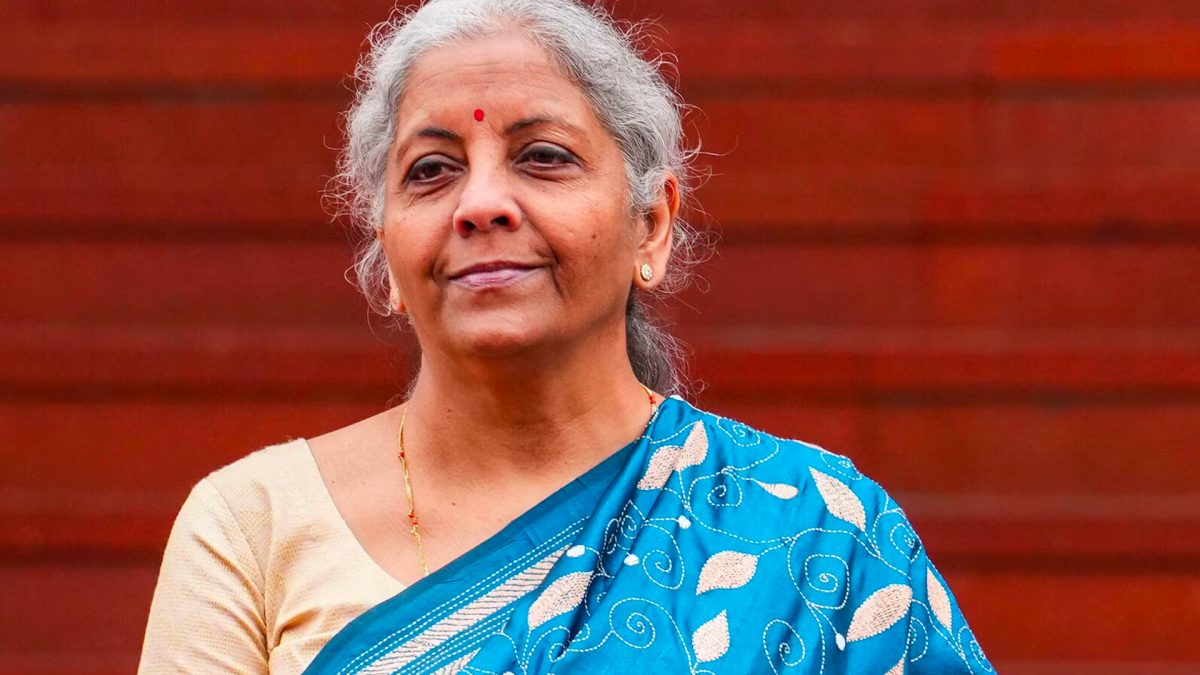)
)
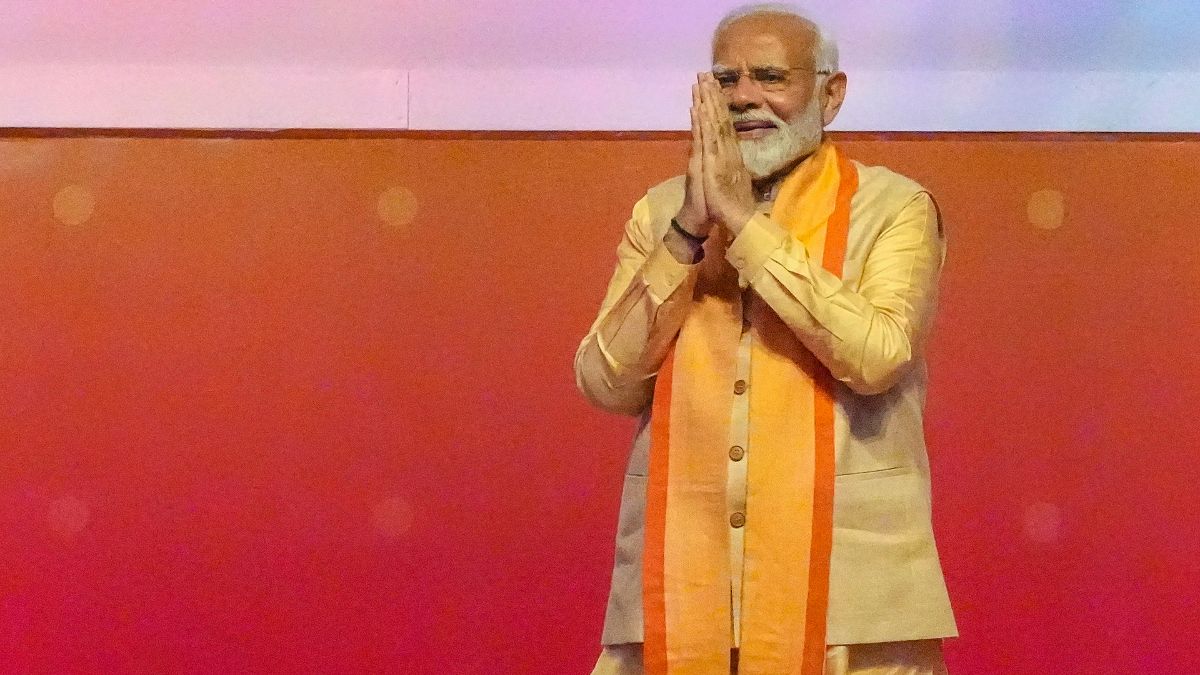)
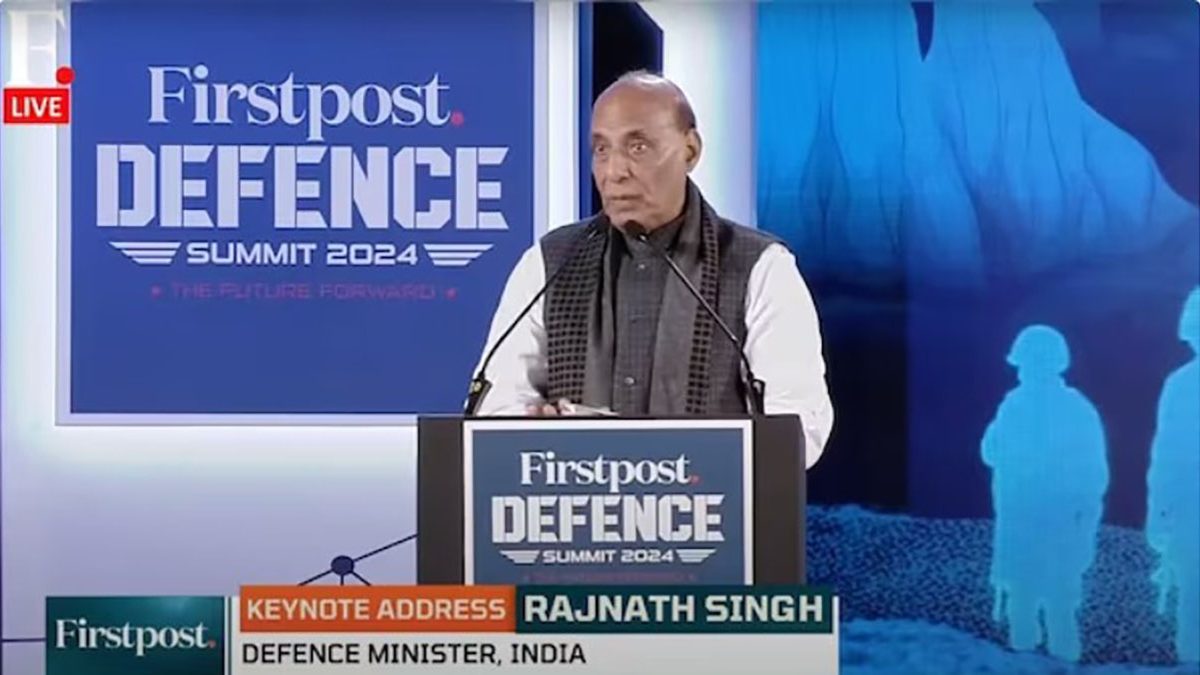)
)
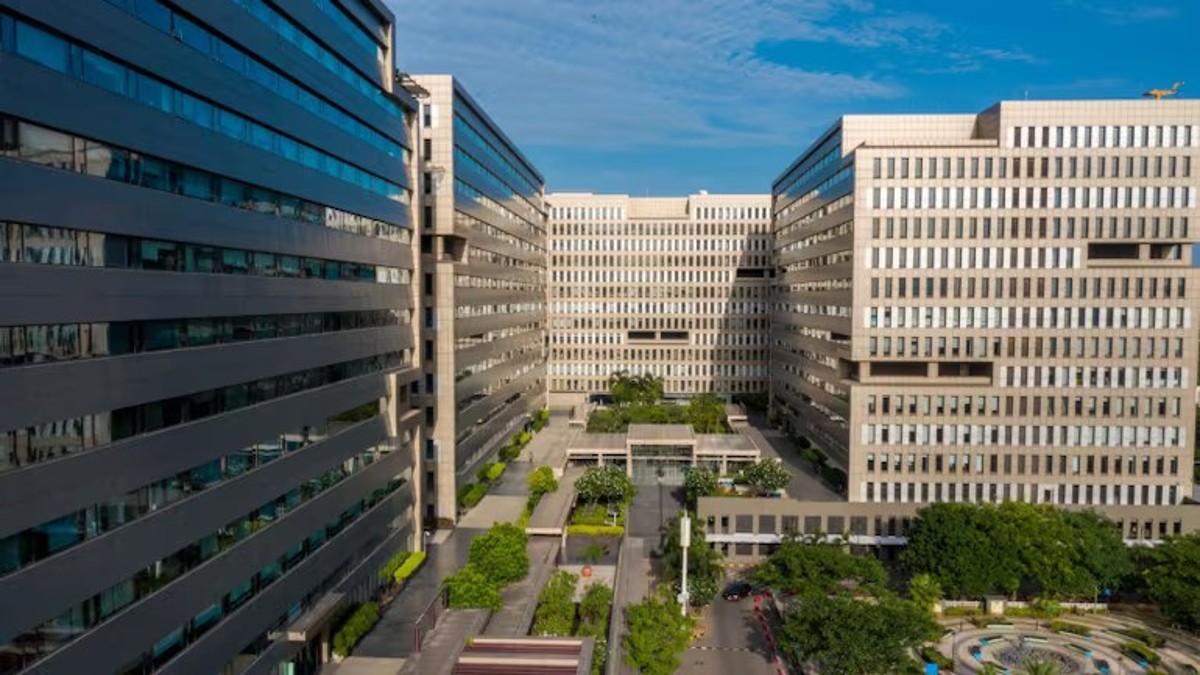)
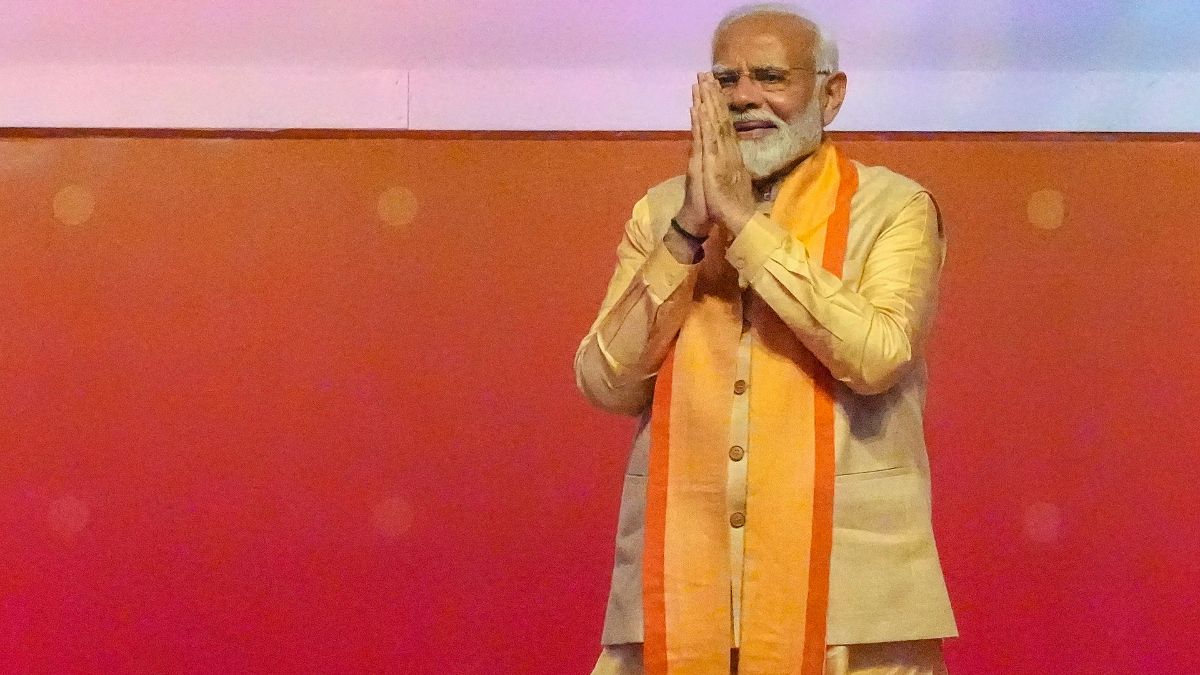)